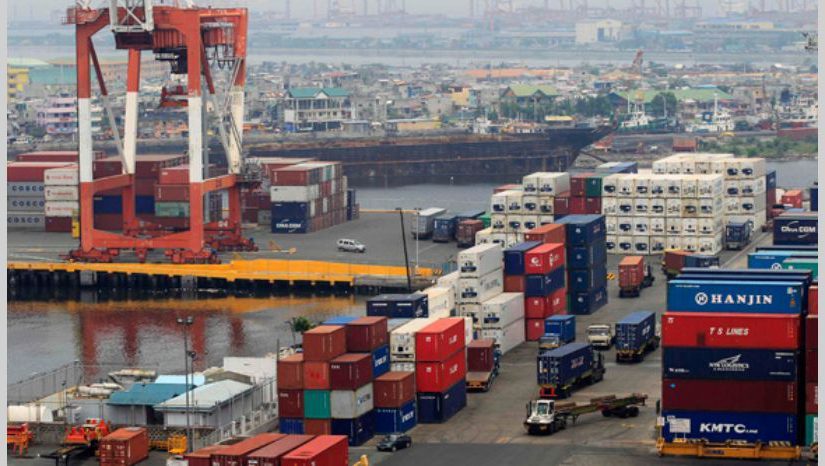The president of Brazil’s construction giant Odebrecht has been charged with corruption and money laundering. Marcelo Odebrecht is accused of paying millions of dollars in bribes to senior officials at the state oil company Petrobras to secure lucrative building contracts. He denies the allegations. Mr Odebrecht is the third-generation heir of a company founded by his grandfather. Twelve other people have been charged with corruption involving Petrobras. Mr Odebrecht has been under preventive arrest since June.
Illegal detention
His habit of systematically taking notes of everything he did may have turned against him, providing what investigators have considered important evidence, says the BBC’s Julia Carneiro in Rio de Janeiro. The company issued a statement on Friday complaining about the way prosecutors had handled the case. “The allegations presented by the Prosecutor’s Office do not justify the arbitrary and illegal detention of the president of the Odebrecht Group, Marcelo Odebrecht, and four of the company’s executives,” it said. President Dilma Rousseff was head of Petrobras for many years – but she is not implicated in the scandal. Her approval rating have plunged, however, since allegations emerged that senior politicians had benefitted from the corruption scheme.
The investigation began in 2013, but last year it unveiled evidence of a huge corruption scheme at the heart of Petrobras – Brazil’s largest company. The corruption probe is going beyond the oil company. On Tuesday, police carried out arrests and search warrants to investigate a similar scheme within Brazil’s state-controlled electric company Eletrobras.
Source: BBC News


